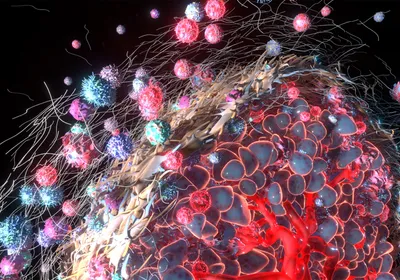 FLICKR, SAURI NASHSome sequence variants found in DNA specimens may actually be caused by damage during sample processing, according to a paper in Science today (February 16). A team of researchers at New England Biolabs (NEB) has devised an algorithm for assessing the degree of such damage, and suggests that using DNA repair enzymes during sample preparation might rectify the problem.
FLICKR, SAURI NASHSome sequence variants found in DNA specimens may actually be caused by damage during sample processing, according to a paper in Science today (February 16). A team of researchers at New England Biolabs (NEB) has devised an algorithm for assessing the degree of such damage, and suggests that using DNA repair enzymes during sample preparation might rectify the problem.
“The work demonstrates how to distinguish somatic variants from those due to DNA preparation damage,” Stanford University’s Stephen Montgomery, who was not involved with the work, wrote in an email to The Scientist. “The benefits of this [include] reduced false positives . . . in discovery-based cancer genome projects,” he added.
It is well known that DNA samples extracted from ancient specimens or from formalin-fixed, paraffin-embedded tissues are prone to fragmentation and chemical modification, which can produce mutations that did not exist in the living organism. But recent evidence suggests that, in fact, any DNA sample may be at risk of such artificial mutagenic damage. DNA sonication—the use of sound energy to agitate the DNA fragments in preparation for amplification and sequencing—is known to induce ...






















